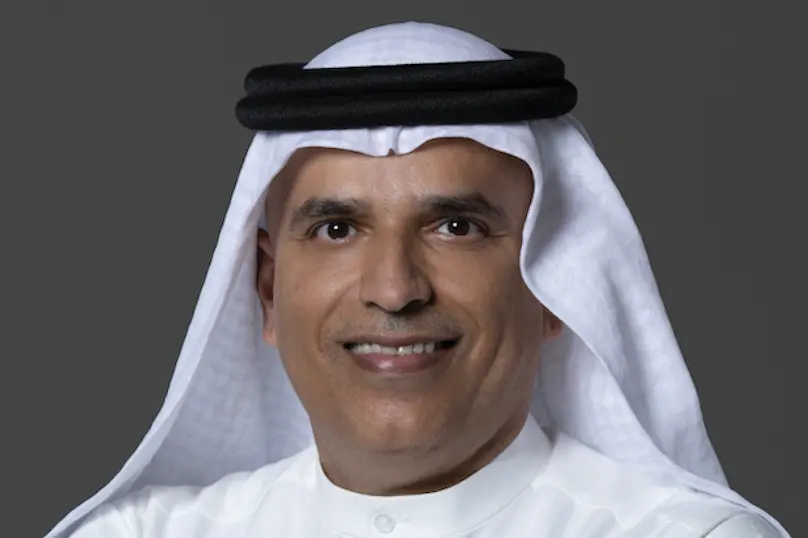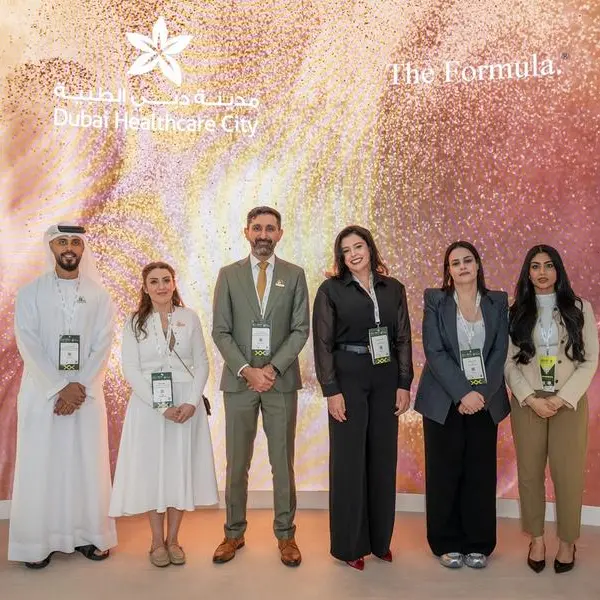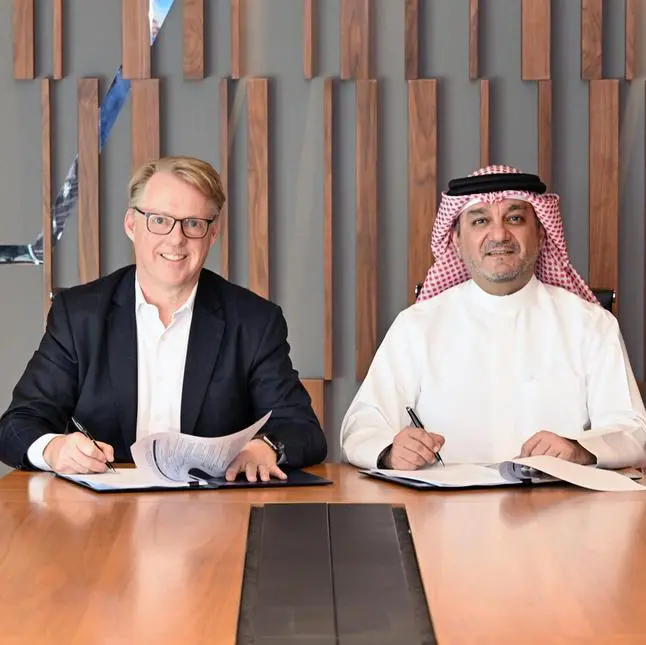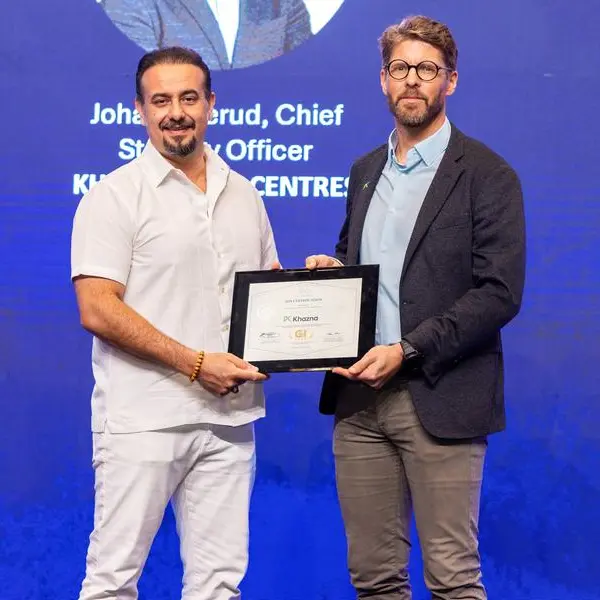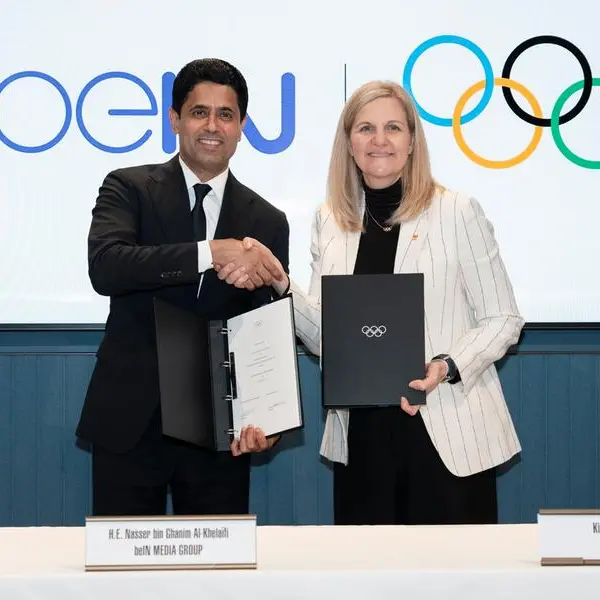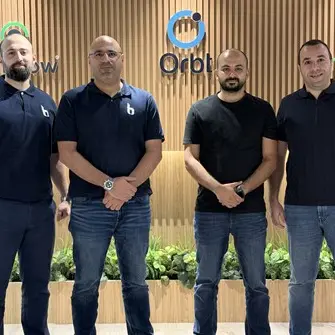PHOTO
Emirates Global Aluminium, the world’s biggest ‘premium aluminium’ producer, supplied 203 thousand tonnes of waste to other industries as feedstock in 2022.
The amount was almost double the volume EGA generated during 2022, reducing stockpiles from previous years, and a 40 per cent increase on 2021 as industries recovered from COVID-19.
EGA has worked for more than a decade with other industries in the UAE to find productive uses for by-products from aluminium production. Re-use diverts waste from landfill and reduces the need to exploit new natural resources, contributing to the development of a circular economy.
EGA is a global leader in the re-use of spent pot lining, the largest single by-product stream from aluminium smelting. Worldwide, the aluminium industry produces over 1 million tonnes of spent pot lining every year according to industry experts, with much kept in indefinite storage. Use of EGA’s spent pot lining as alternative raw material helps reduce greenhouse gases and nitrogen oxides from the cement sector.
Other major by-product streams for which EGA has found re-uses with other industries include carbon dust, dross, and potline process waste.
Abdulnasser Bin Kalban, Chief Executive Officer of Emirates Global Aluminium, said: “Reducing humanity’s burden on the environment while further improving global living standards requires us to maximise the use of the resources we have, and that means thinking of all waste as potentially valuable feedstock. With our partners in other industries, we have made great progress at EGA in developing a circular economy in the UAE and I am confident we will make further progress in the years ahead.”
EGA is currently developing viable uses in the UAE for bauxite residue, a by-product from alumina refining. EGA began production at the UAE’s first alumina refinery in 2019.
It is thought that at least 150 million tonnes of bauxite residue are produced worldwide each year and less than two percent is currently put to productive use. Last year, EGA announced the company intends to build a pilot plant to convert bauxite residue into soil products that can be used for greening and other purposes.
The pilot plant is thought to be the first of its kind in the world and follows a global R&D breakthrough after five years of research & development by EGA and The University of Queensland’s School of Agriculture and Food Sciences.
EGA’s Bauxite Residue R&D Group has created a portfolio of additional novel applications that are at an advanced stage of development, with further pilot-scale trials expected.
